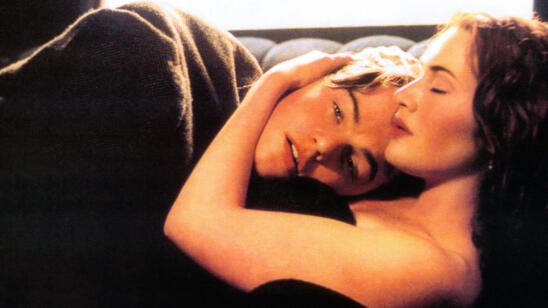
Krystal Covington was a young, frustrated psychology graduate and marketing specialist who started a Denver coffee shop support group in 2014—there were only five people in it. Four years later, the group exploded into the popular, career-mentoring Women of Denver, which runs workshops for more than 2,000 attendees annually, and engages tens of thousands of readers on their website and magazine. Krystal has an MBA from WGU.
An edited interview follows.
How did Women of Denver come about?
As an introvert, I can’t do this whole surface-level walk into a room, networking with a glass of wine in one hand: “What do YOU do?” “Oh, that’s so exciting!” (When first arriving in Denver) I didn’t have a network, I didn’t have a friendship base…I needed to build a network for myself, because safety in a community is built by having connections.
So, I started hosting these little events. I think there were five people there at the first one. I feel like there were…10 meetings where there were just these five people. The whole goal was, if we have these deep conversations, we’ll get to know each other faster.
Do you ever look yourself in the mirror and go, “I did that!”
I have this disease where I never look at myself that way. I feel like that’s a problem. I’m super humble. I went to an event today where we had to go around and introduce ourselves, and I gave a two-sentence introduction. And this woman spoke up and said “This woman is lying! She has thousands of members, everyone knows her, she’s a celebrity who just interviewed Billie Jean King in front of 3,000 people!” (Laughs)
I went to an event yesterday. Michelle Obama (on her book tour for Becoming) filled the Pepsi Center arena (18,000 seats). And everywhere I went in the arena, people wanted to introduce themselves to me. “I’m Lauren, I met you on Thursday.” People wanted hugs. People wanted to tell me how I’d changed their lives.
Now that you’ve tapped into this vein of need…what do women tell you about their challenges?
The number one reason people join is that they want this sense of community. You can make friends anywhere, but they want a community that helps them succeed and excel. They want leadership and mentorship.
And there are others who are in male-dominated fields, and they just want to be around women. Sometimes I ask those women, “But what else are your goals?” And they’ll say, “Look, I just want to be around other women who are also successful.”
How did Western Governors University help to get you where you are today?
When I heard about the WGU model, I was astonished. I’d never heard of something like that, where I could earn my degree based on (proving) that I know the material. If I knew the material already, I could pass through a course. If I didn’t know it, I could go through all the material, learn and engage—and display mastery. I liked the model of it being based on competency rather than credit hours.
What do you teach women about money?
When offers go out … businesses will naturally offer men more, because they think men expect more. Women are less likely to do some negotiating when they accept a job, less likely to negotiate when they are in a job. If a man is earning 10 percent more every year, his 401K is going to balloon much more than the 401K owned by the woman. So, we work on the part that you can control–knowing how to negotiate, knowing what you’re worth and actually prioritizing….
Are women and men wired differently?
I studied psychology, so I know there are differences in how we express testosterone or estrogen in our environments. But there are also the things we are taught. High-testosterone people are more inclined to go into extreme sports, or go after something, climb something that others wouldn’t climb. So, men might be more inclined to take more risks… or to say, “Why don’t you give me $100,000?’
What do you teach women, besides negotiating the money?
You need to feel competent, so we do competency training, learn to be better at your job. You need to know the stuff—how do I figure out my salary? And the third piece, that many people miss, that we offer—you have to build your confidence—to feel like you’re worthy.
What are women telling you about discrimination at work?
The conversations I have with women aren’t necessarily about discrimination…it’s about prioritization. It’s that they are not the focus. In a role I was in, this company had a practice of taking men on hunting trips…you need to be where the executives are. So, I asked to go. And they said no. They sent me to get my nails done and my hair done with the women.
So, while the men went hunting with the bankers and the partners, they would send us to the salon. It’s not a comfortable environment…you have women coming in, but they don’t feel comfortable, so there is turnover.
What changes do you hope to see for career women?
That companies actually make an intention to make equal pay a focus. I’d bring more women into high level executive roles. And three: more women would be on the billionaire’s list. Fifty-fifty on the billionaires list.

